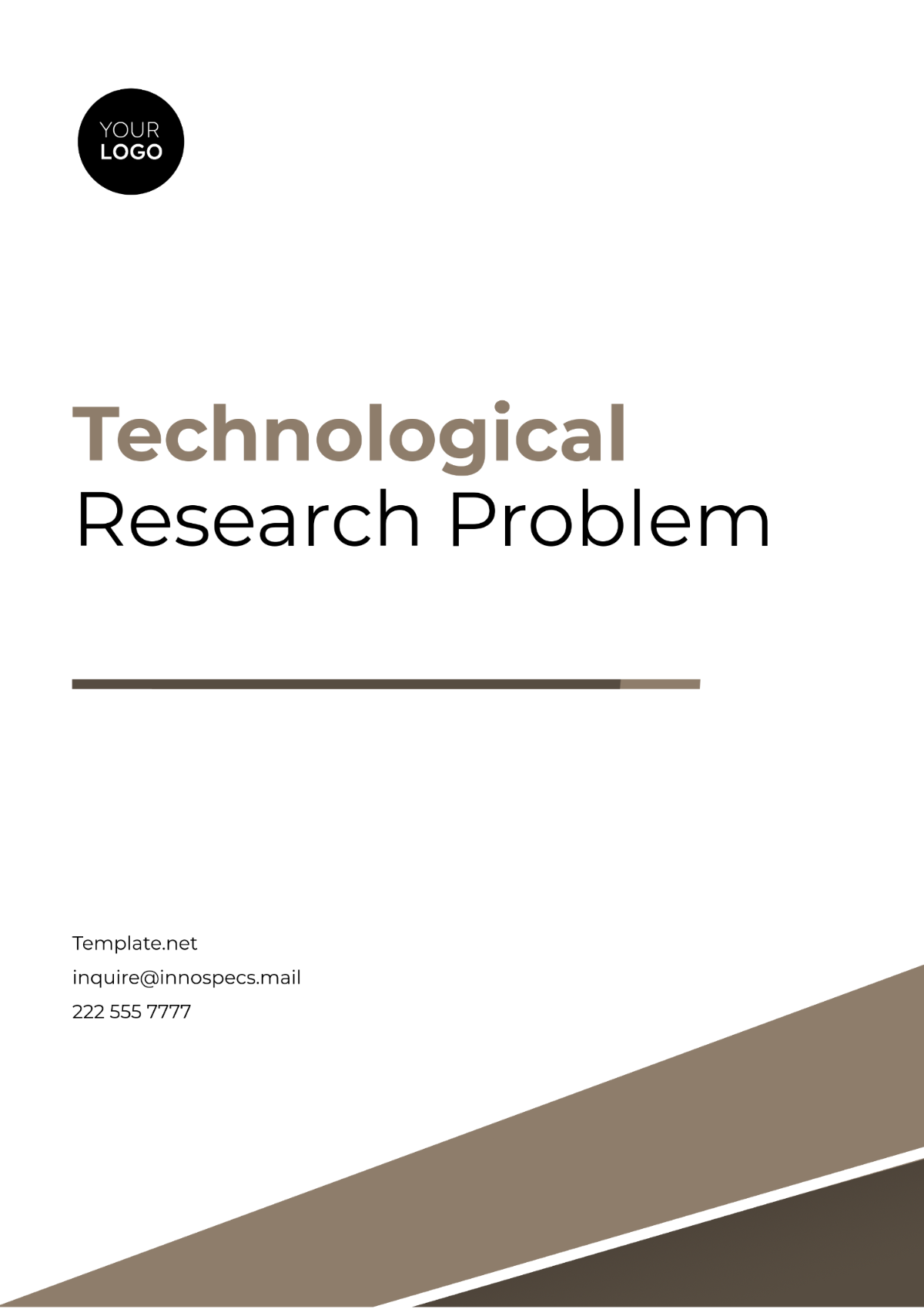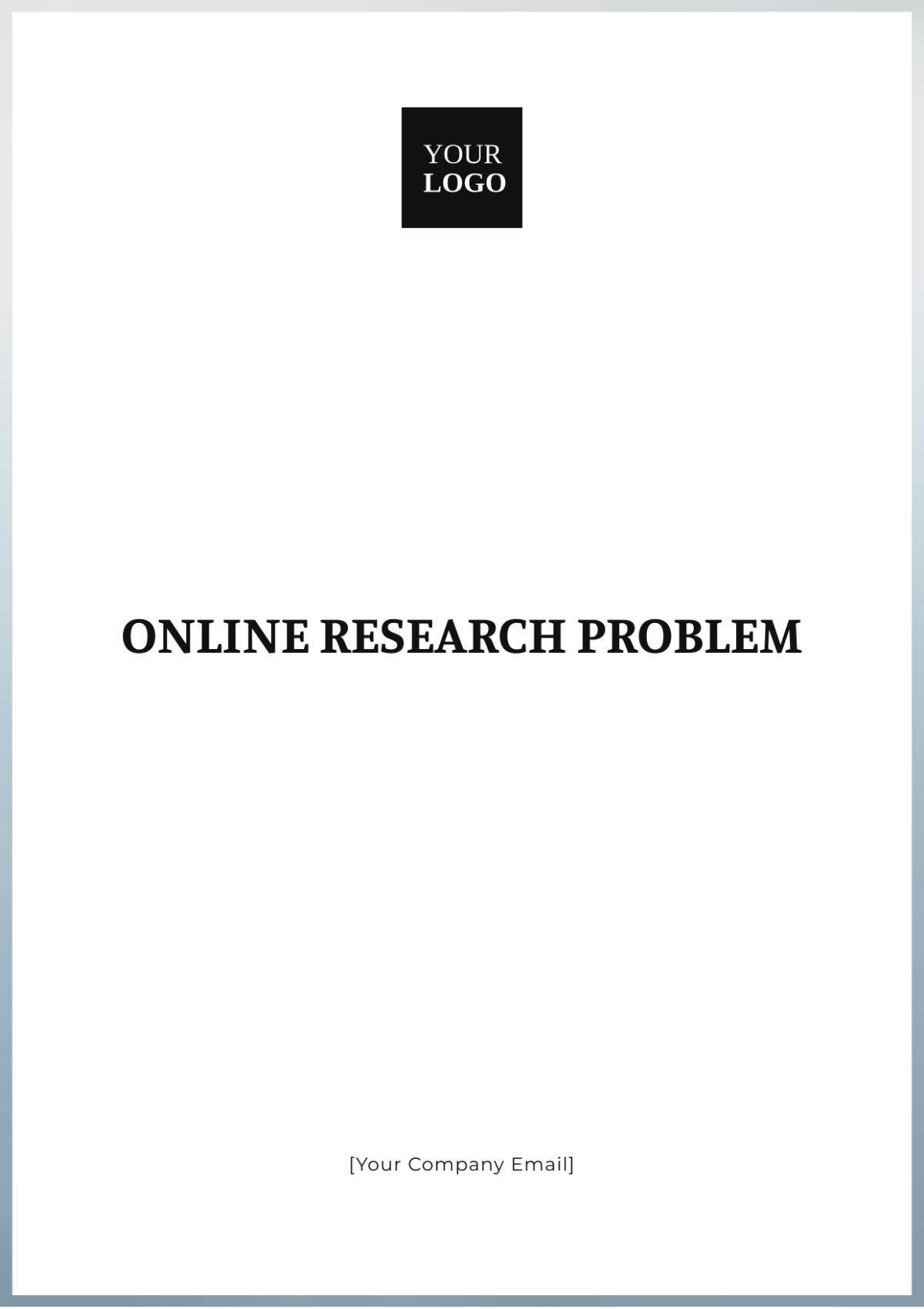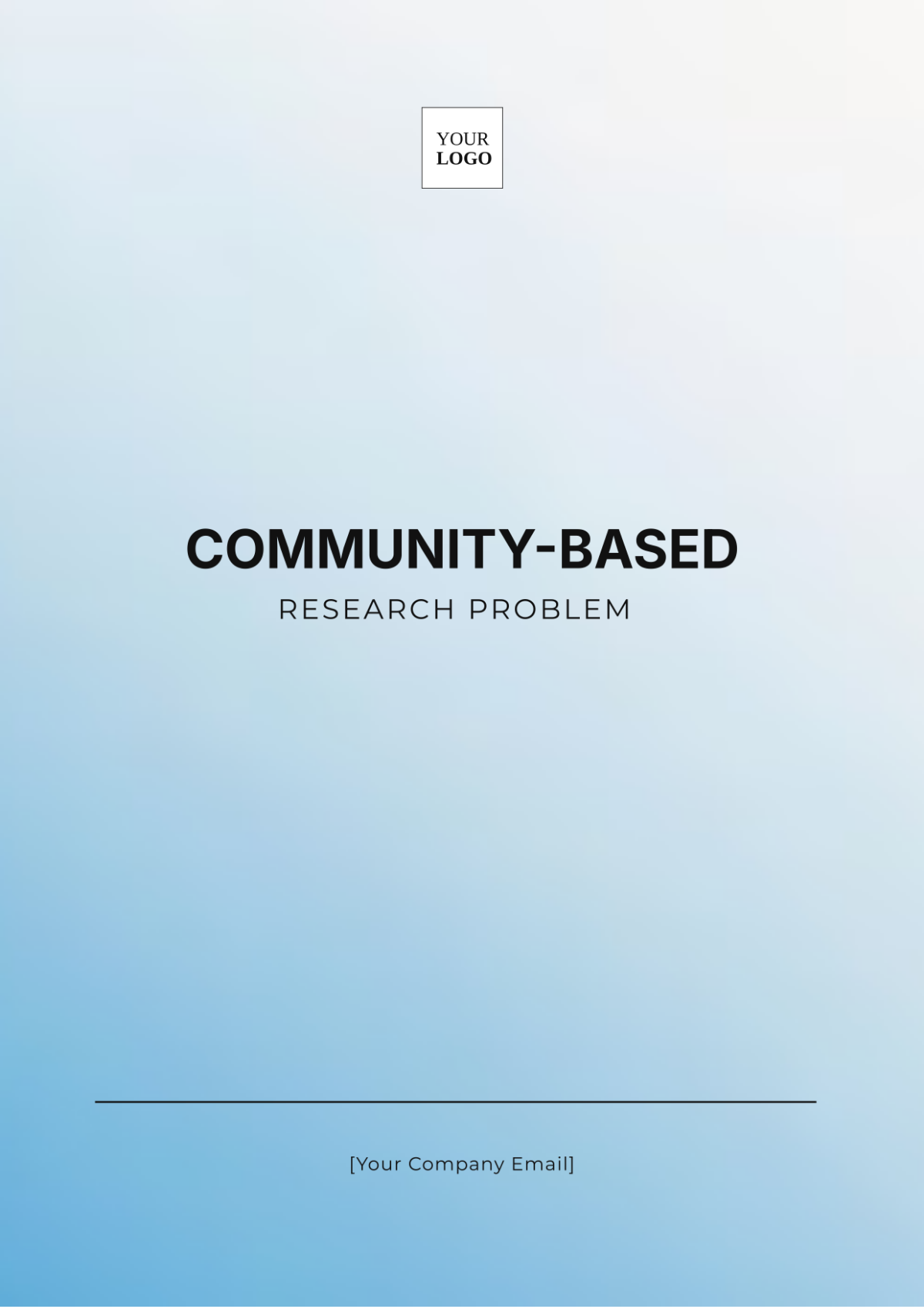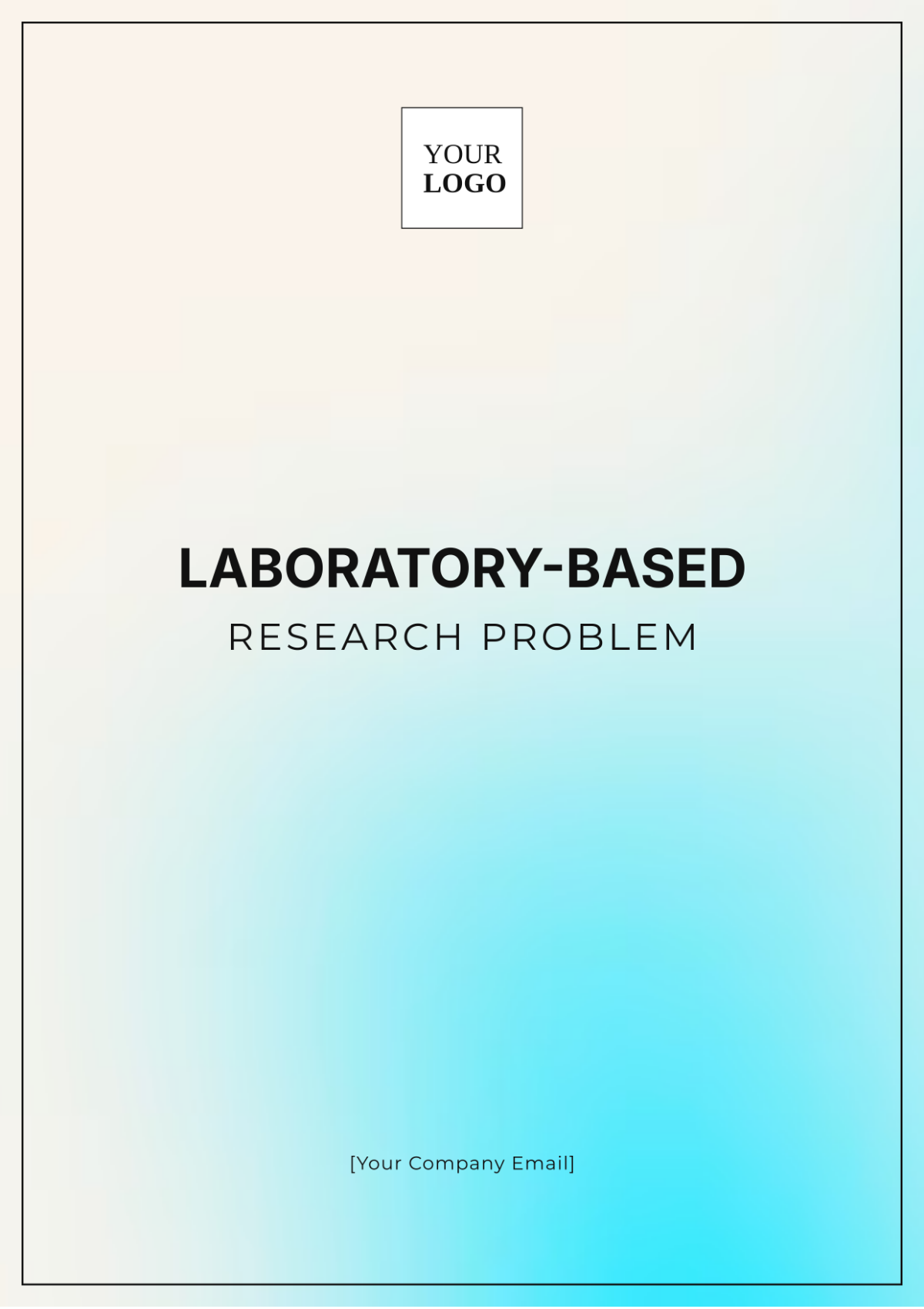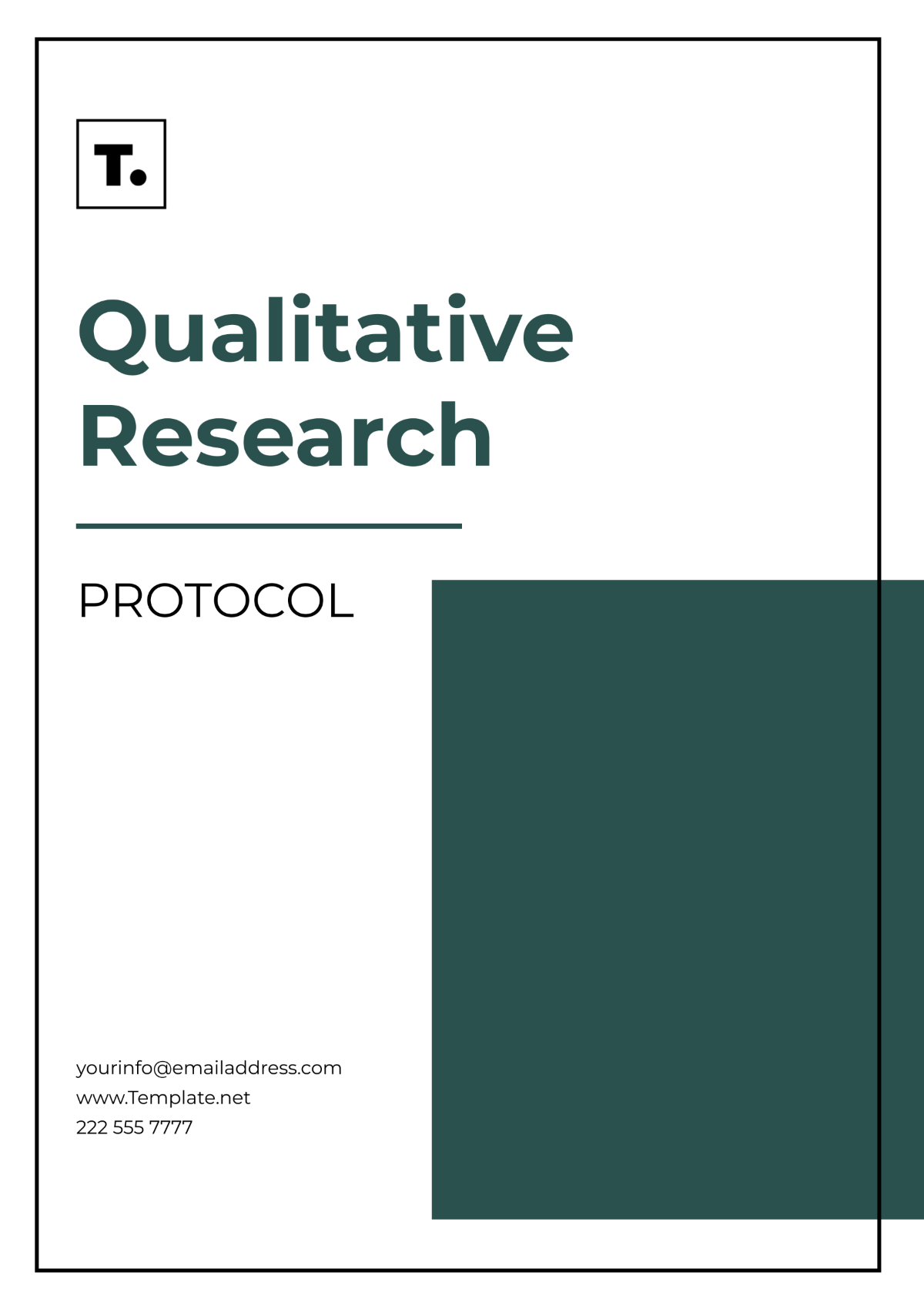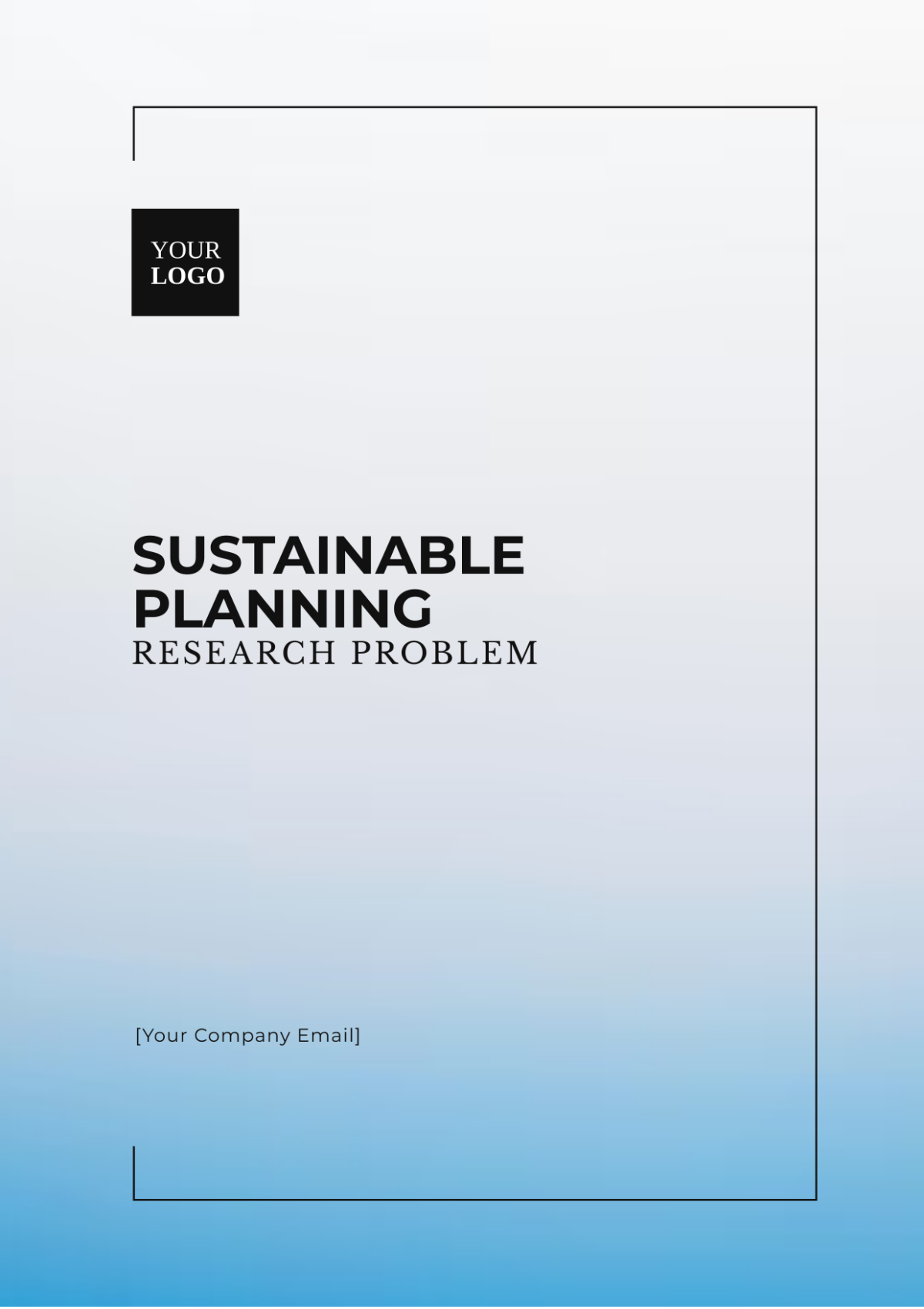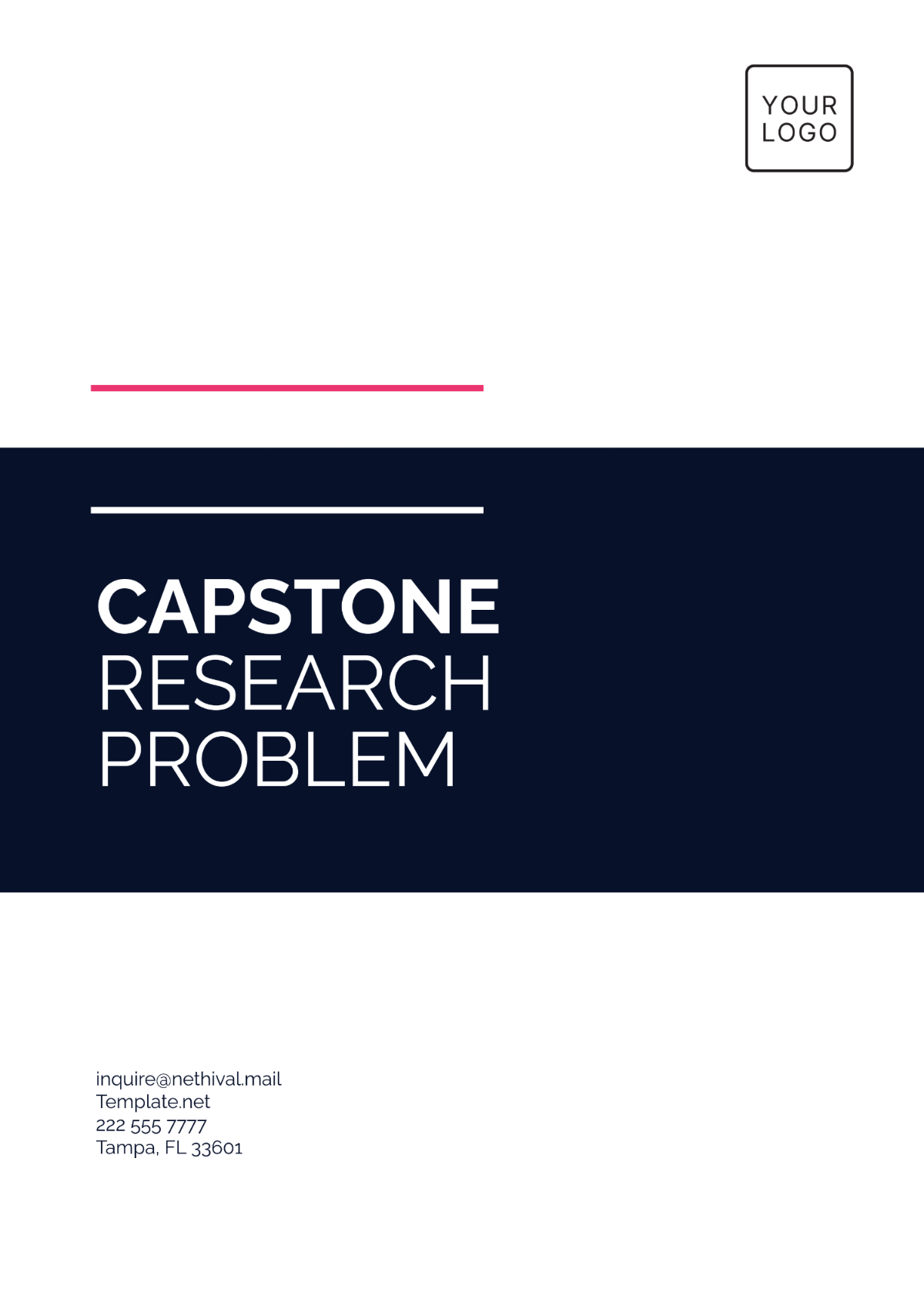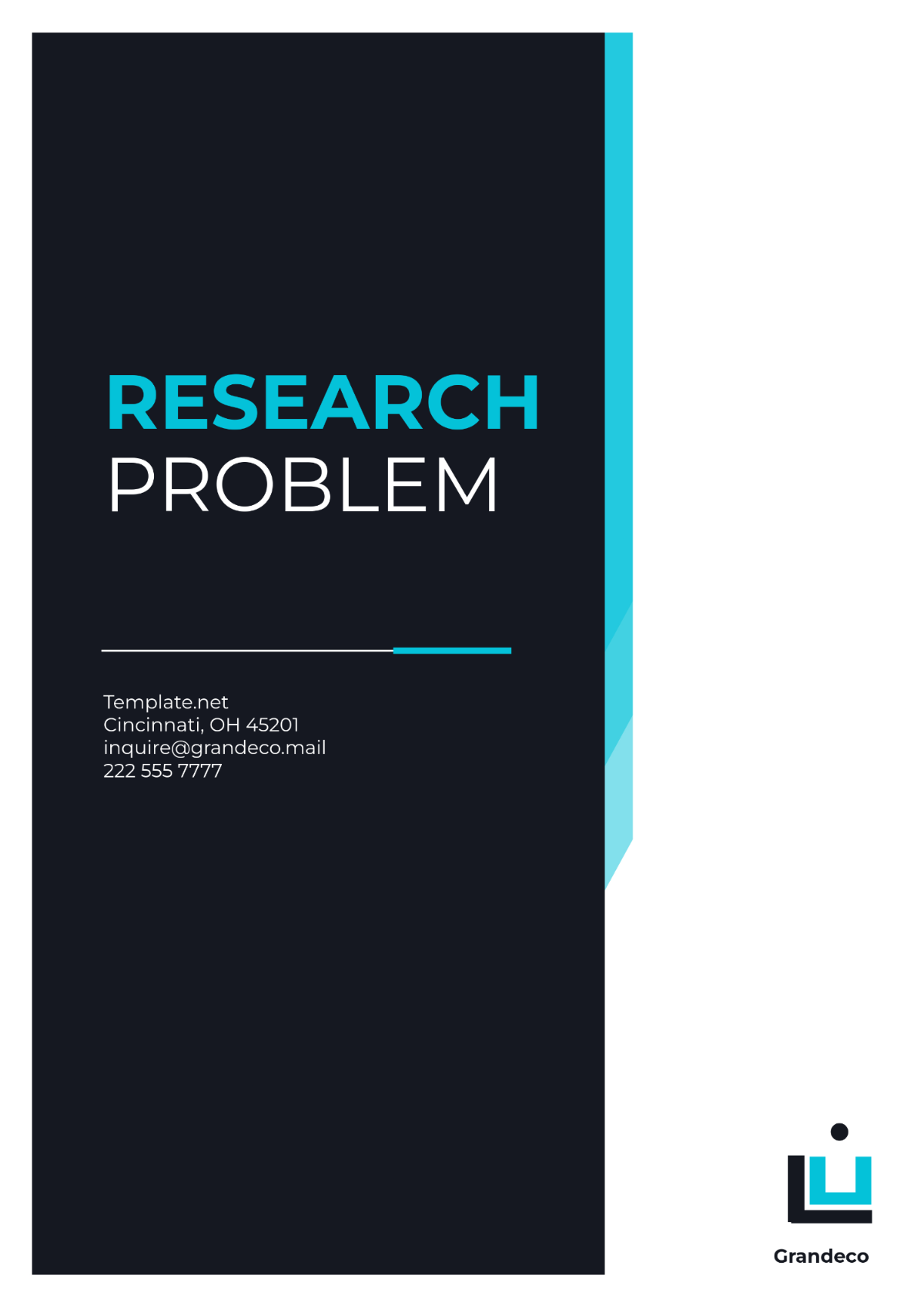Teacher Workshops Action Research
Prepared By: [Your Name]
Organization Name: [Your Company Name]
1. Introduction
The purpose of this action research study is to systematically investigate and improve the effectiveness of educational workshops for teachers. This study aims to identify issues or areas for improvement within the workshops, implement changes based on findings, and assess the impact of these changes to enhance both teaching practices and the overall effectiveness of the workshops.
2. Literature Review
A review of existing literature provides context and background for the research. Previous studies have highlighted various factors influencing the success of teacher workshops, such as content relevance, delivery methods, and participant engagement. This section summarizes key findings from relevant research and theoretical frameworks that inform the current study.
3. Methodology
3.1 Research Design
The research design outlines the approach used to investigate the effectiveness of teacher workshops. This study employs a mixed-methods approach, combining quantitative and qualitative data to provide a comprehensive analysis.
3.2 Data Collection Methods
Data was collected through a combination of participant surveys, interviews with workshop facilitators, and classroom observations. Surveys gathered feedback on workshop content and delivery, while interviews provided deeper insights into participant experiences. Observations offered direct evidence of the workshop's impact on teaching practices.
3.3 Data Analysis Procedures
The collected data was analyzed using statistical methods to identify trends and patterns in participant feedback. Qualitative data from interviews and observations was coded and analyzed thematically to uncover common themes and insights.
4. Findings
4.1 Participant Feedback
The survey results indicate varying levels of satisfaction with different aspects of the workshops. Key areas for improvement include the relevance of workshop content and the need for more interactive elements.
4.2 Facilitator Insights
Interviews with workshop facilitators revealed challenges in delivering content effectively and engaging participants. Facilitators suggested incorporating more hands-on activities and providing clearer examples.
4.3 Classroom Observations
Observations showed that workshops had a positive impact on certain teaching practices, such as the use of new instructional strategies. However, there were inconsistencies in the application of these strategies across different classrooms.
5. Discussion
5.1 Interpretation of Findings
The findings highlight several areas where improvements can be made to enhance the effectiveness of teacher workshops. The need for more relevant and interactive content emerged as a primary concern. Additionally, facilitator feedback emphasized the importance of engaging delivery methods and practical examples.
5.2 Implications for Practice
Based on the findings, it is recommended that workshop content be revised to better align with teachers' needs and include more interactive elements. Facilitators should receive training on engaging delivery techniques and practical application strategies.
6. Recommendations
Revise Workshop Content: Update workshop materials to ensure they are relevant and aligned with current educational practices. Incorporate more interactive activities and practical examples.
Enhance Delivery Methods: Provide facilitators with professional development on effective delivery techniques and engaging presentation methods.
Implement Follow-Up Support: Introduce mechanisms for ongoing support and feedback to help teachers apply new strategies and reflect on their effectiveness.
7. Conclusion
This action research study demonstrates the importance of continuously evaluating and improving teacher workshops to enhance their effectiveness. By addressing identified issues and implementing recommended changes, educational workshops can better support teachers and ultimately improve teaching practices and student outcomes.


















